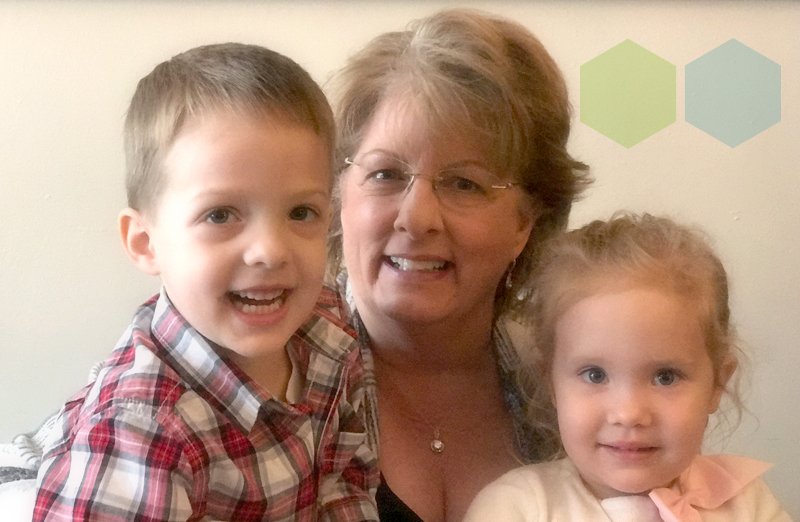Meet Shelley. She is courageously sharing her story in hopes that others benefit from her experiences. And, it is likely that others can learn from her. Shelley’s journey echoes and illustrates much of the research collected about problem gambling.
In other words, her story is all too familiar. Why?
First, she tracks with demographic and psychographic trends. As an older woman, Shelley belongs to one of the population segments emerging at higher risk for gambling addiction. A myriad of factors may drive this trend, including more isolating life circumstances. Spouses divorce or pass away. Children relocate and/or become consumed with their own family and careers. Friends retire and move or travel frequently.
Other high-risk groups include young men 18-25, veterans, African Americans and Asian Americans and people in high-stakes professions such as stock trading or athletics.
As noted, older women’s susceptibility may stem less from competitiveness and more from loneliness. Isolation and depression can add appeal to a social outing at the busy casino across town. “Too much time on your hands” easily leads to hours spent online. Here, too, Shelley’s story parallels. Her gambling started by compulsively interacting with online auctions.
More than a third of those who become addicted to gambling also face another mental health issue. Common co-occurring disorders include depression, anxiety or substance abuse. Logically, trauma, such as the pain of being alone, plays a role.
Second, she relied on rationalizations to justify decisions to gamble. Those dealing with pathological gambling often report that they fell into a self-defeating downward spiral. They obsess over one more wager and state unequivocally that this last bet will be the silver bullet to cover their losses.
As an expert from the Ohio Department of Mental Health and Addiction Services, Scott Anderson, often says, gambling constitutes the only addiction that is ironically based upon hope. No one takes more crack thinking the drug will heal their addiction. Yet, most pathological gamblers convince themselves they can stop betting once they win back whatever they’ve lost.
For Shelley, these rationalizations destroyed her retirement savings, her sense of security and her self-esteem. She was embarrassed to tell others. Life became a gauntlet. She ran scared and fast from nagging bill collectors and well-intentioned, worried family members.
Shelley started thinking life might not be worth living anymore. This, too, parallels the disease. Recent research found that problem gamblers stand at 15x times higher risk of suicide, higher than among any other type of addiction. Many speculate that this is true, in part, because it is a hidden addiction, one that is extremely difficult to detect. By the time everyone realizes that gambling has hijacked the brain, it is too late. Finances and families are shattered and often beyond repair.
She was shunned and stigmatized. Shelley made a new friend, someone with whom she felt safe sharing her story. The friend immediately dismissed her. Feeling shunned and labeled only intensified Shelley’s shame and loss of self-esteem, adding to her despair of ever having a “normal life.”
She relapsed. Shelley hit a casino hard even after she started treatment. That said, relapse rates average 40–60% depending upon the type of abuse disorder, hitting a high of ninety percent of people addicted to heroin. This reality is why treatment experts like those at Maryhaven embrace people, no matter how many times they may have “slipped.” Coming back from relapse can be a critical part of long-term recovery.
Shelley’s story does have a happy next chapter. She discovered Maria Garner and Maryhaven. So, like many who seek counseling, she’s now in recovery and rebuilding her life. She found a new job, enjoys new hobbies and friends, and loves her time with her grandchildren.
Her story of recovery is one that should be all too familiar too.
From NBC4: Watch Shelley and Maria talk about overcoming gambling addiction.
If you or a loved one need help with problem gambling, contact Maryhaven at www.maryhaven.com/onemorechance/contact or call 614-324-5425.
